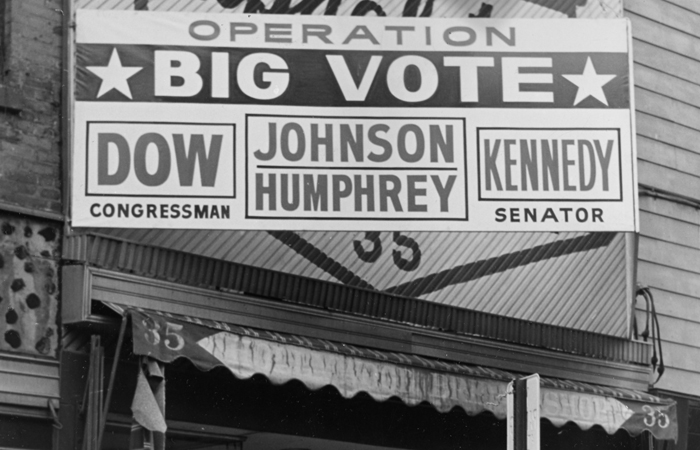Collections : [New York State Modern Political Archive]
New York State Modern Political Archive
Elected officials, interest groups, and activists from New York State.
Search Constraints
Start Over You searched for: Collecting Area New York State Modern Political Archive Remove constraint Collecting Area: New York State Modern Political Archive Collection Communications Workers of America Education Division Local 1104 Records, 1969-2001 (bulk 1983-1999) Remove constraint Collection: Communications Workers of America Education Division Local 1104 Records, 1969-2001 (bulk 1983-1999)Search Results
This series is divided into subseries by SUNY center school; each contains meeting minutes, correspondence, organizing reports, contact lists and other papers that show the daily and monthly operations of the SUNY school divisions of the GSEU Local 1104. There is considerable evidence of the connection between statewide executive committee members and the local branches of the GSEU as they worked to solve issues including parking fees, technology fees, tuition waivers, fair wage, and more. As noted above, there are considerably more files for SUNY Buffalo than there are for the three other schools, probably due in large part to Buffalos role as the birthplace of the union movement.
